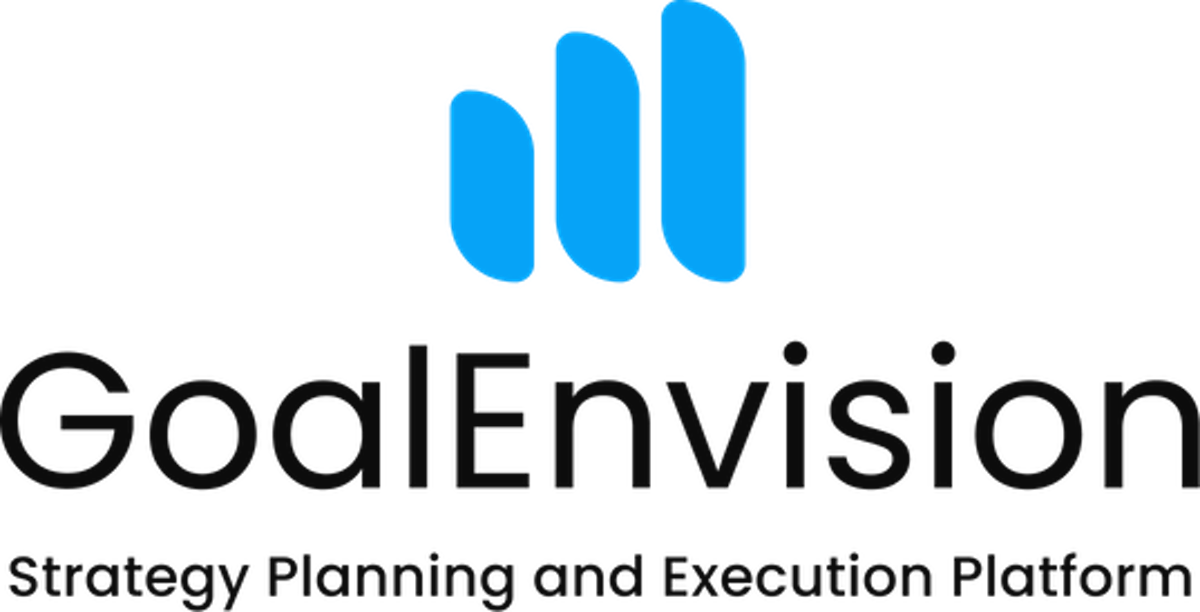Checklist for an Effective Management Team: Strategy and Success
Share this article
In order to achieve organisational success, it is essential to have a well-functioning management team. An effective management team is not just a collection of senior leaders; it is a dynamic, cohesive unit that makes decisions, shapes strategies and drives the company's vision. This checklist is designed to help management teams optimise their functioning and effectiveness. It covers everything from strategic planning and role allocation to collaboration, communication and risk management.
By following these points, the management team can ensure that they act proactively, strategically and in accordance with the organization's overall goals and values. Let's dive into the core components that make up a successful and effective leadership team.
Read more about management teams...
Strategic Planning and Goals
Define Clear Visions and Goals: Ensure that the vision and strategic goals are clearly defined and communicated.
Establish KPIs: Create specific, measurable, achievable, relevant and time-bound (SMART) goals.
Distribution of roles and responsibilities
Clear Role Division: Make sure each member understands their role and responsibilities within the group.
Representation of all business areas: Include representatives from market, sales, operations, employees and finance.
Cooperation and Communication
Promote Open Communication: Encourage dialogue and sharing of ideas.
Regular Meetings: Hold regular and structured meetings.
Constructive Feedback: Encourage and practice constructive feedback and problem solving.
Decision-making process
Effective Decision Making: Create a clear process for how decisions are made within the group.
Data-Driven Decisions: Use relevant data and insights to support decisions.
Follow-up and evaluation
Evaluation and Follow-up: Continually evaluate progress towards the goals and key figures.
Adaptability: Be ready to adjust strategies based on feedback and changing circumstances.
Leadership and Development
Strengthen the Leadership: Make sure that the management has the right skills and is committed.
Personal and Professional Development: Encourage continuous development of management team members.
Organizational culture and Commitment
Create A Positive Culture: Encourage a culture that values innovation, collaboration and openness.
Engage Employees: Ensure that the management team's decisions and actions strengthen employee engagement and motivation.
Risk management
Risk assessment: Have regular discussions about potential risks and strategies to manage them.
Sustainability and Ethics
Focus on Sustainability and Ethics: Integrate sustainability and ethics principles into all business decisions and strategies.
Technology and Innovation
Use of Technology: Leverage modern technology to improve efficiency and innovation.
Feedback from Employees and Stakeholders
Collect Feedback: Regularly collect feedback from employees and other stakeholders to improve the functioning of the management team.
By following this checklist, the management team can work more efficiently, ensure that the strategic goals are achieved and create a positive and productive work environment.
Share this article
Did you like this article? Here is more...
Latest



